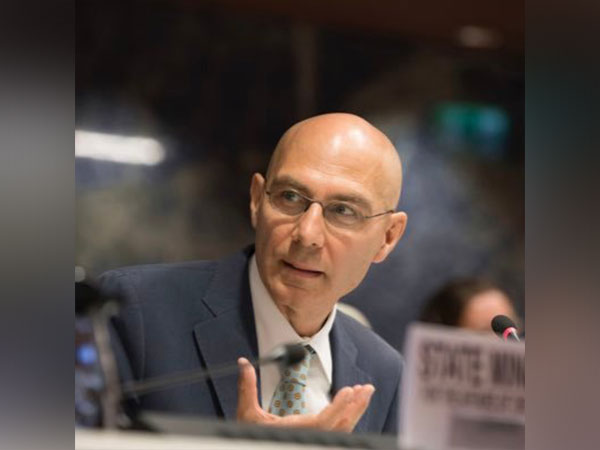UN Rights Chief Criticizes Thailand’s Court Ruling Against Move Forward Party
Türk described the decision as deeply troubling, asserting that it undermines democratic processes and restricts political pluralism.

UN Human Rights Chief Volker Türk has expressed deep concern over the Thailand Constitutional Court's ruling to dissolve the Move Forward Party (MFP) and impose a 10-year ban on its senior members from political life. Türk described the decision as deeply troubling, asserting that it undermines democratic processes and restricts political pluralism.
Court Ruling and Impact
The court ruled that MFP, which won the most seats in the last election, jeopardized the constitutional monarchy and national security due to its advocacy for reforming Thailand’s lèse-majesté law. The ruling not only disbands the party but also imposes a political ban on its executives.
Human Rights Concerns
Türk highlighted that UN human rights mechanisms have long raised concerns about the lèse-majesté law, as outlined in article 112 of Thailand’s Criminal Code, which is seen as incompatible with the country’s obligations under the International Covenant on Civil and Political Rights. He urged a review of this prohibition.
“This decision seriously impacts fundamental freedoms of expression and association, and people’s right to participate in public affairs and political life in Thailand,” Türk stated. He emphasized that no party or politician should face such severe penalties for peacefully advocating legal reform, especially in support of human rights.
Call for Democratic Inclusivity
Türk called on the Thai government to pursue pathways that ensure a vibrant, inclusive democracy that respects freedom of expression and association. He urged an end to the use of lèse-majesté laws to suppress critical voices, noting that a diversity of opinions is essential for respecting human rights and achieving peaceful social and economic development.
- READ MORE ON:
- Volker Türk
- Thailand
- Move Forward Party
- Criminal Code










